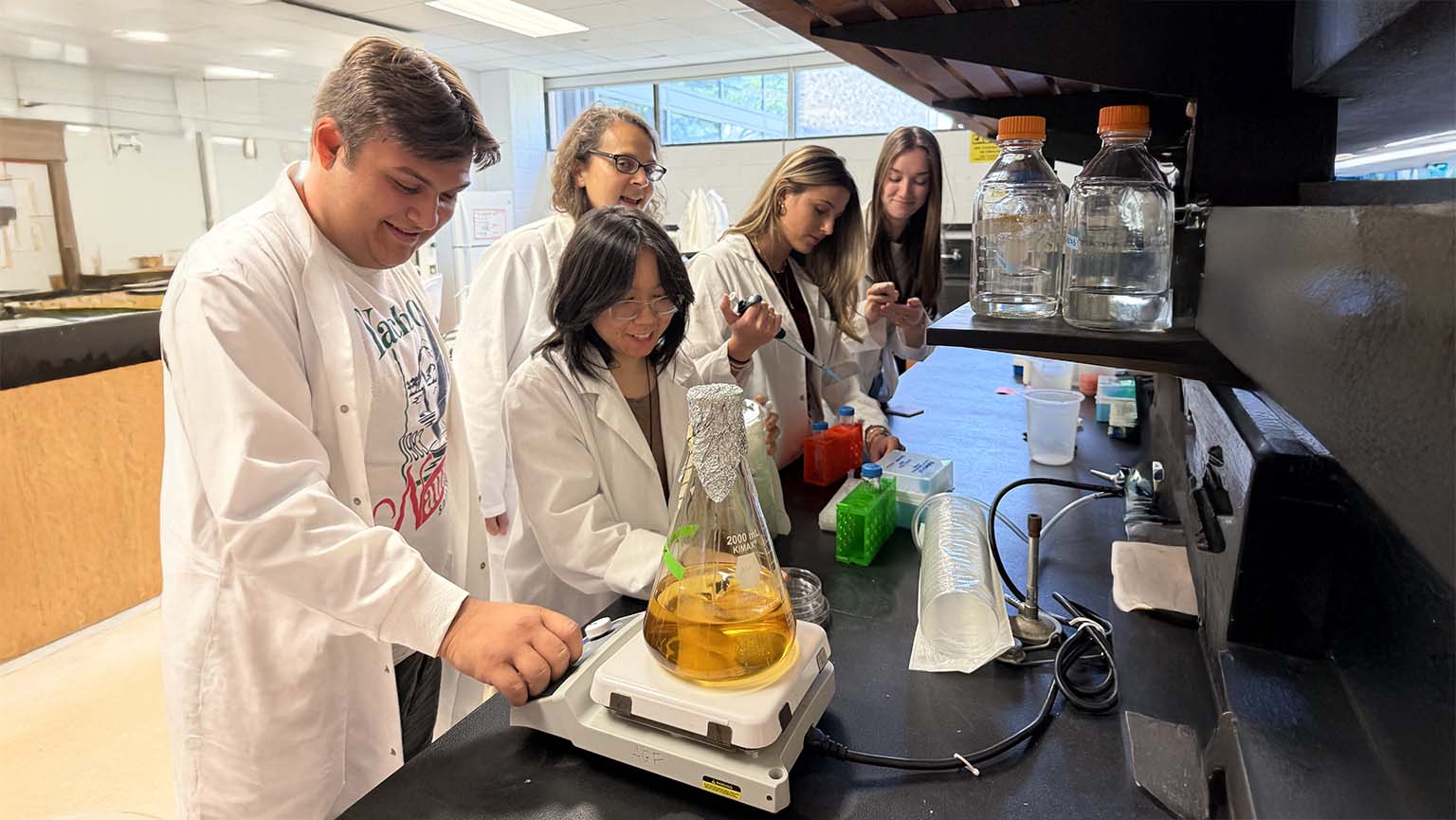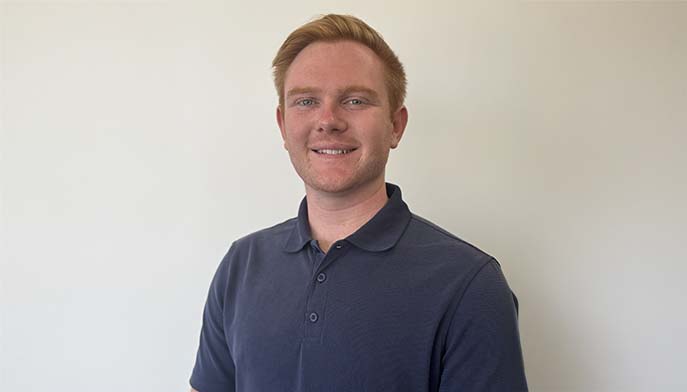Working alongside other scientists at the renowned research institution, Dr. Fernandez is studying a rare, recently discovered genetic syndrome called Nestor-Guillermo Progeria. Often, one of the most challenging aspects of the Fulbright Global Scholar application process is finding a suitable host. However, in Dr. Fernandez’s case, CABD was a seamless fit.
She has known Dr. Peter Askjaer, the director and principal investigator at CABD, since 2006, when the two began studying the same gene. They frequently collaborated at the annual International C. elegans conference, also known as “the Worm Meeting.” When Dr. Askjaer initially spoke about opening a lab in Spain years ago, Dr. Fernandez replied in excitement, “Oh, you’re going to get a lab in Spain?’ I’ve always wanted to live in Spain.”
“We will have to make that happen someday,” replied Dr. Askjaer.
The researchers in the CABD lab in Seville are among the world’s experts in utilizing a model organism called Caenorhabditis elegans (C. elegans)—a nematode worm—to study nuclear envelope defects. For several years at her Fairfield lab, Dr. Fernandez has been studying genes that encode components of the nuclear envelope, further positioning the CABD lab as an ideal location for the Fairfield Meditz faculty member to expand her research.
Dr. Fernandez is especially passionate about deepening our understanding of Nestor-Guillermo Progeria, which causes premature aging in humans. The condition is caused by a defect in a specific gene called baf-1, which is found in both C. elegans and humans. “The researchers in Seville made a C. elegans mutant that carries the same mutation in the same gene,” she said. “This worm also shows premature aging defects.”
Given that they share many genes, the discoveries made while studying these worms can help researchers understand the disease in humans and potentially inform future therapeutic approaches. “People are suffering,” said Dr. Fernandez. “If we can help understand this disease, then we can potentially alleviate their suffering. This research can also help us understand aging in general, and we all experience aging.”
As excited as she is to collaborate internationally and learn innovative techniques at the cutting-edge lab in Seville, Dr. Fernandez is equally eager to bring those new skills and techniques back to Fairfield University to enhance students’ hands-on learning experiences.
Student mentorship is both a priority and a genuine passion for Dr. Fernandez. In preparation for her research trip, she worked with four Fairfield Meditz students on a four-week summer project to prepare them to continue conducting research in the Meditz lab during her time in Seville. She continues to mentor them through regular virtual meetings from CABD.



